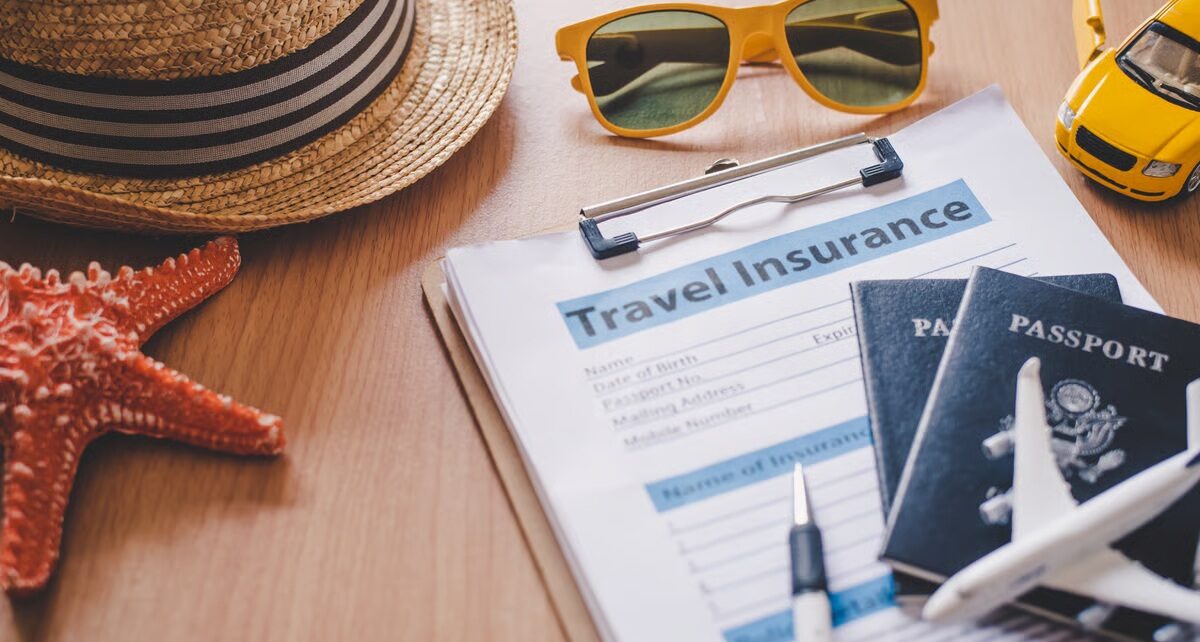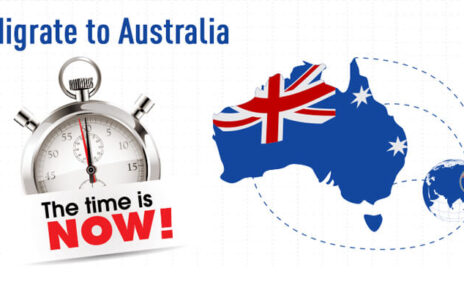Planning a trip to a new place can be super exciting, but it might also feel a bit overwhelming. You’ve got questions like, where should you go? How do you plan out your itinerary? And how can you enjoy your trip without breaking the bank?
The secret to a great travel experience is smart planning. It helps turn those dream vacations into real memories without all the stress. In this guide, we’ll share some practical, time-saving, and budget-friendly tips that’ll help you explore new spots like a pro, even if it’s your first big trip.
1. Choose Your Destination Wisely
Every great trip starts with picking the right destination. Sure, those popular spots on Instagram look amazing, but just because they’re trending doesn’t mean you’ll have an unforgettable time there. When choosing where to go, think about a few things:
- What do you really enjoy? Are you into nature, history, food, or maybe some thrilling adventures?
- Consider the season and weather; it’s smart to find out what time of year is best to visit.
- Your budget plays a big role too; some places are just easier on the wallet.
- Don’t forget to check any travel restrictions—like visas and entry rules—before you make plans.
- It helps to know a bit about the local language and customs; just a few phrases can make a big difference.
- There are some great tools out there, like Google Flights Explore, Pinterest boards, or travel forums, that can help you discover beautiful spots off the beaten path.
2. Create a Realistic Travel Budget
Budgeting isn’t about cutting out the fun—it’s about making smarter choices. To create a solid financial plan for your trip, make sure to consider
- Flights or transportation
- Where you’ll stay
- Meals and drinks
- Things to do and tours
- Shopping and souvenirs
- Any unexpected costs
It’s a good idea to set aside about 10–15% of your total budget for emergencies or last-minute opportunities.
Check out travel apps and deal websites to find the best prices. If you can book early, you’re likely to save a good chunk of change, especially on flights and hotels.
3. Book at the Right Time
Timing is everything when it comes to travel deals. Research suggests that:
- Booking flights 6–8 weeks in advance yields the best rates.
- Hotel prices drop closer to the date in some regions but rise in peak seasons.
- Midweek travel (Tuesdays and Wednesdays) is often cheaper than weekends.
Set fare alerts using platforms like Skyscanner or Hopper to track price drops for flights and hotels.
4. Plan Your Itinerary Wisely with the Right Hotel Bookings
Once you’ve chosen your destination, it’s time to nail down your hotel booking smartly. Where you stay can really shape how convenient, comfortable, and cost-effective your trip will be. A hotel in the right spot can save you precious time on transport, letting you explore more without feeling rushed.
Instead of just going with any hotel, consider these points:
- Look for places that are close to major sights or transport options.
- Check out the reviews for cleanliness and safety.
- Aim for affordability, especially with seasonal deals or promo codes.
You can find curated offers and exclusive discount codes and promotional offers for hotels. Booking early with verified discounts helps you grab the best rates without compromising comfort.
Once you have your hotel sorted, start planning your daily activities:
- Keep attractions grouped near your hotel for the same day to minimize travel.
- Look for local events or festivals happening close to where you’re staying during your visit.
- Always set aside one flexible day for relaxation, unexpected discoveries, or spontaneous plans.
- Utilize free tools like Google Maps or TripIt to keep your daily routes organized, starting and ending at your hotel.
5. Pack Light but Right
One of the most overlooked travel skills is smart packing. Overpacking leads to excess baggage fees and unnecessary hassle.
Here’s a basic checklist:
- Lightweight clothing suitable for the weather
- A pair of comfortable walking shoes
- Copies of your documents (digital and printed)
- A universal adapter and power bank
- Travel-sized toiletries
Use packing cubes or roll your clothes to save space and stay organized.
6. Stay Connected on the Go
Staying connected helps with maps, translation, booking confirmations, and emergencies. When visiting a new country:
- Consider buying a local SIM card or international eSIM.
- Download offline versions of Google Maps, Google Translate, and your itinerary.
- Save digital copies of documents like your passport, tickets, and hotel bookings.
7. Use Local Transportation
Public transport systems are not only budget-friendly but also a great way to immerse yourself in the local culture. Learn about:
- Metro cards or day passes
- Local taxi apps or ride-sharing options
- Renting bikes or scooters in city-friendly areas
Always have some local currency on hand for small vendors or rural areas where cards aren’t accepted.
8. Eat Like a Local
Dining can be one of the best parts of exploring new places. Skip touristy restaurants and discover local flavors by:
- Visiting street food markets
- Asking locals for recommendations
- Using food apps like Zomato or Yelp to explore well-rated hidden gems
This not only saves money but also gives you an authentic taste of the culture.
9. Respect Local Customs and Culture
When exploring new destinations, being a respectful visitor enhances your experience and leaves a good impression. Take time to:
- Learn a few phrases in the local language
- Understand basic etiquette (e.g., dress code, tipping norms)
- Follow rules at historical or religious sites
Being aware of local culture helps you connect with people and ensures a more enjoyable journey.
10. Stay Safe While Exploring
Exploration is exciting, but safety comes first. Here are simple precautions:
- Avoid unsafe areas after dark
- Don’t flash valuables or large amounts of cash
- Use hotel safes for important documents
- Keep emergency numbers saved on your phone
- Let someone know your whereabouts if you’re solo traveling
Also, consider buying travel insurance that covers health, luggage, and cancellation for added peace of mind.
11. Capture Memories but Be Present
Document your trip with photos and videos, but don’t get lost behind the screen. Take time to absorb the surroundings, talk to locals, and experience the moment.
Keep a mini travel journal—just a few lines each night can turn into a lifetime memory.
12. Be Flexible and Have Backup Plans
Even the best-planned trips can face delays, closures, or weather changes. Stay flexible:
- Have a backup list of things to do indoors or nearby
- Save your tickets or bookings offline
- Always arrive early for flights, trains, or events
Being mentally prepared for changes helps you enjoy the journey, no matter what comes your way.
Final Thoughts
Traveling to new places can be way more enjoyable when you plan ahead. It’s all about choosing the right destination, managing your budget, being mindful of local customs, and keeping safety in mind—every little bit matters.
No matter if you’re off on your own, with family, or on a romantic trip, smart planning helps you worry less and enjoy more. So, get excited, plan smartly, and make the world your playground.
Your next amazing adventure is just a solid plan away.




